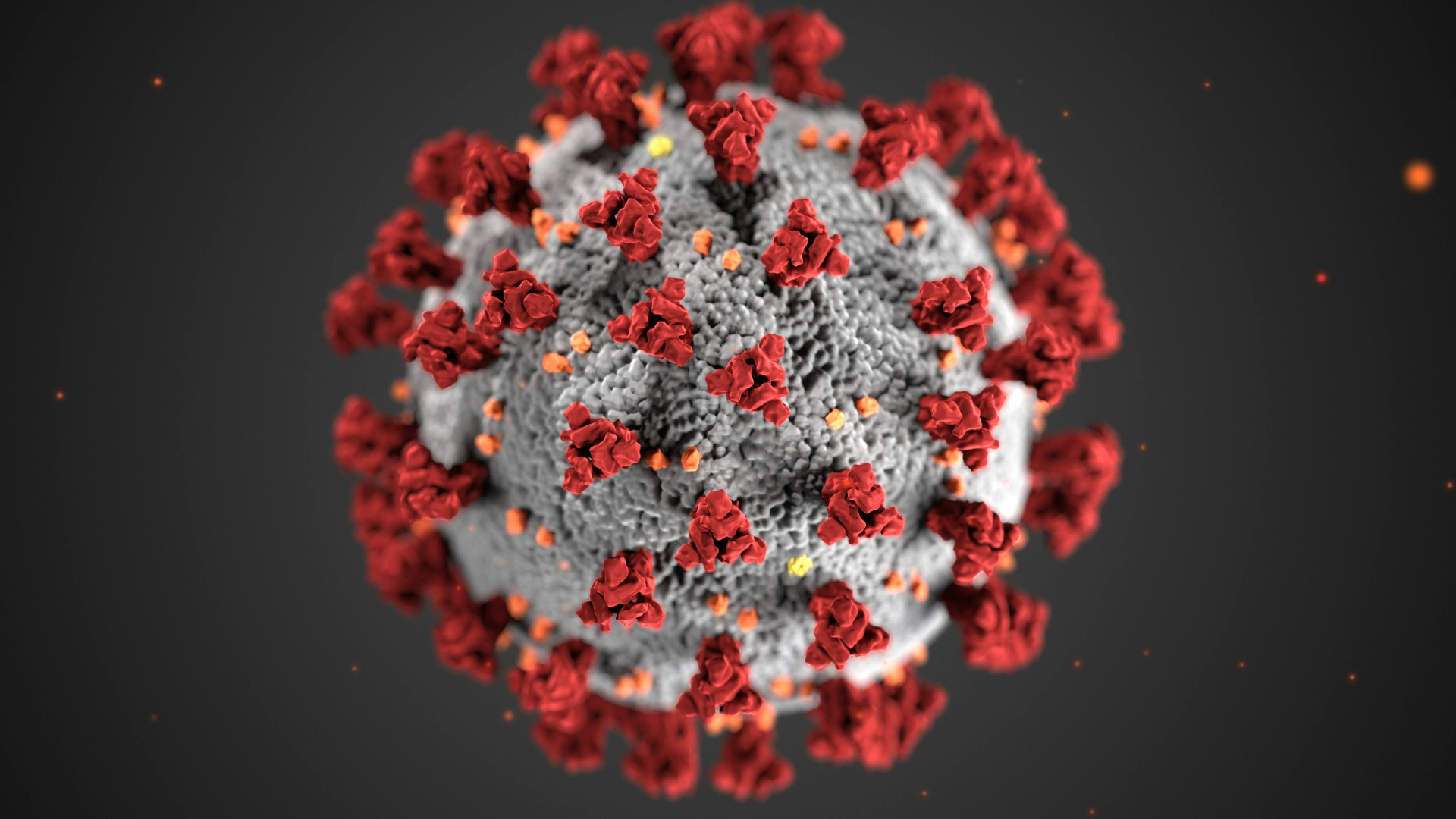Drug Used in Oncology Shows Potential in Treating Severe COVID 19 – Findings from Hungarian Researchers May Bring Breakthrough
The number of COVID-19 cases is once again rising in Hungary, but vaccines fine-tuned for the currently spreading variants have yet to be developed. Hungarian researchers seem to have found another deployable treatment in the ongoing fight against the pandemic that has now lasted for years. Along with several institutions, researchers from the HUN-REN Research Centre for Natural Sciences participated in a study that identified a new drug, previously used to treat cancer, as a potential new tool in the fight against COVID-19.

According to the latest data from the Semmelweis University Epidemiology and Surveillance Center, COVID-19 is showing significant activity during the autumn period. Samples collected in the period lasting from the last week of August through the end of September, a little more than half tested positive for COVID-19 infection.
The results of the research, initiated and coordinated by Péter Bay, a professor at the Institute of Medical Chemistry at the University of Debrecen, bring good news in the search for new treatment options against the infection. The researchers recently published their findings in the British Journal of Pharmacology.
COVID-19 infection can be divided into two phases: the viral phase, during which the virus multiplies in the body, and the inflammatory phase, which involves the inflammatory processes that develop after the immune response to the viral infection. However, the available medications are not equally effective in both phases. For example, the drug Paxlovid works during the viral phase, making it effective against early-detected infections, but it is insufficient for treating more severe cases.
"The basic idea for the research came from the fact that the role of PARP enzymes has been demonstrated in both inflammatory processes and cell-level processes related to COVID-19 infection," said Dávid Bajusz, senior research fellow of the Drug Chemistry Research Group at the HUN-REN Research Centre for Natural Sciences.
Based on the above, the researchers hypothesized that PARP enzyme inhibitors, by simultaneously inhibiting both processes, could act as 'dual-action weapons' for treating severe infections. The research successfully confirmed this hypothesis in relation to Rucaparib. ”We have paved the way for a unique therapy that can be applied in both the viral and inflammatory phases of the infection and may already have the potential to prevent inflammatory complications during the viral phase,” the researcher emphasized.
Thanks to its dual action, Rucaparib can be deployed as early as the first phase, but its greater significance may lie in treating patients with severe cases and serious respiratory symptoms, as it can inhibit both viral replication and inflammatory processes. Moreover, it could be effective against newer variants, as it interacts primarily with highly conserved motifs on the surface of the spike protein, which are identical across various variants. This means it could theoretically inhibit the vast majority of existing variants, explained Dávid Bajusz.
Following these results, the research continues, with the research group currently focusing on the targeted inhibition of proteins responsible for the functioning and replication of viruses. They highlighted that not only has the coronavirus remained with us, but new pathogens have also emerged. The researchers are already investigating therapeutic options against monkeypox, which the WHO has classified as a global emergency.

